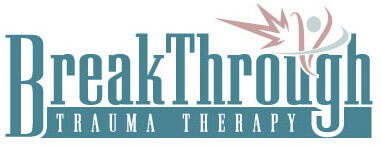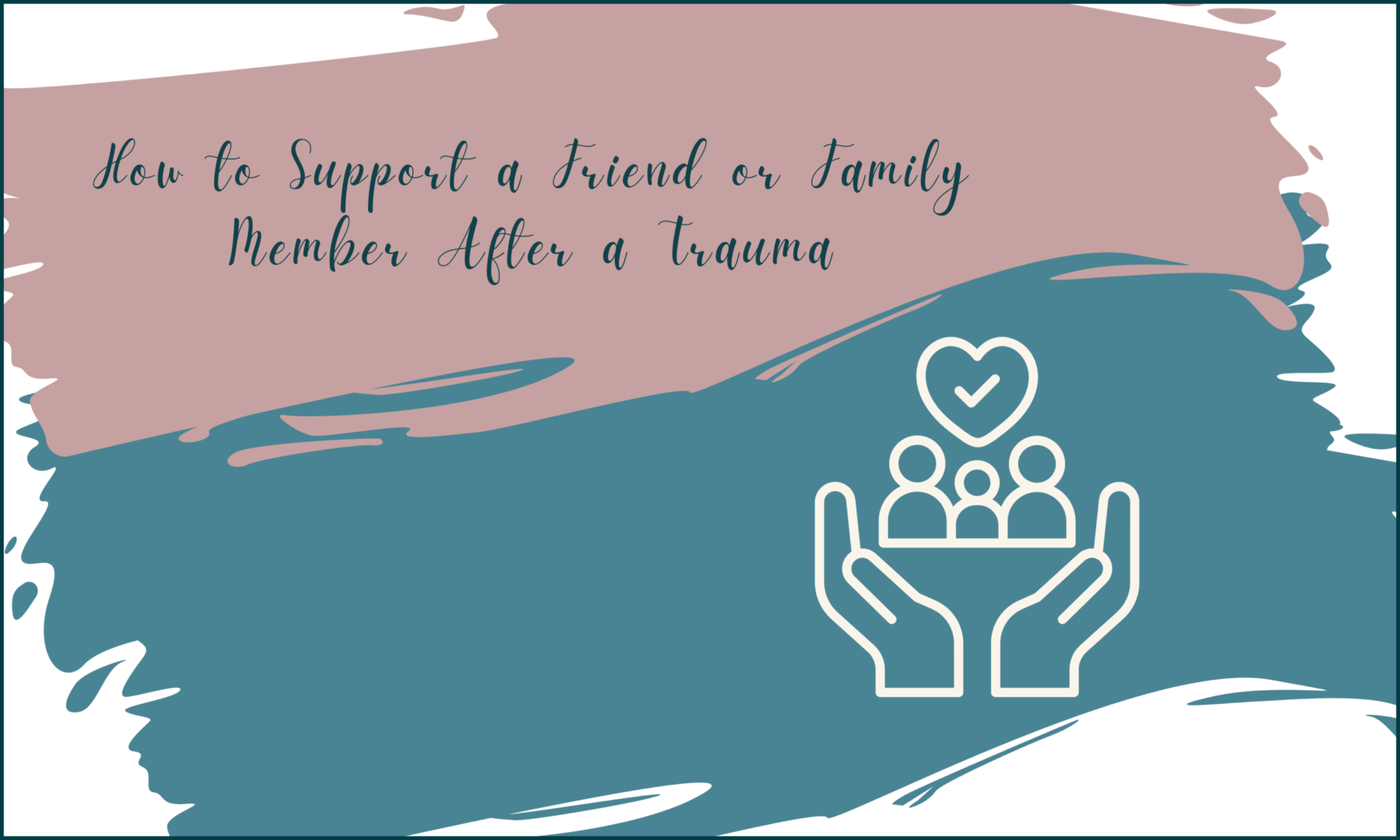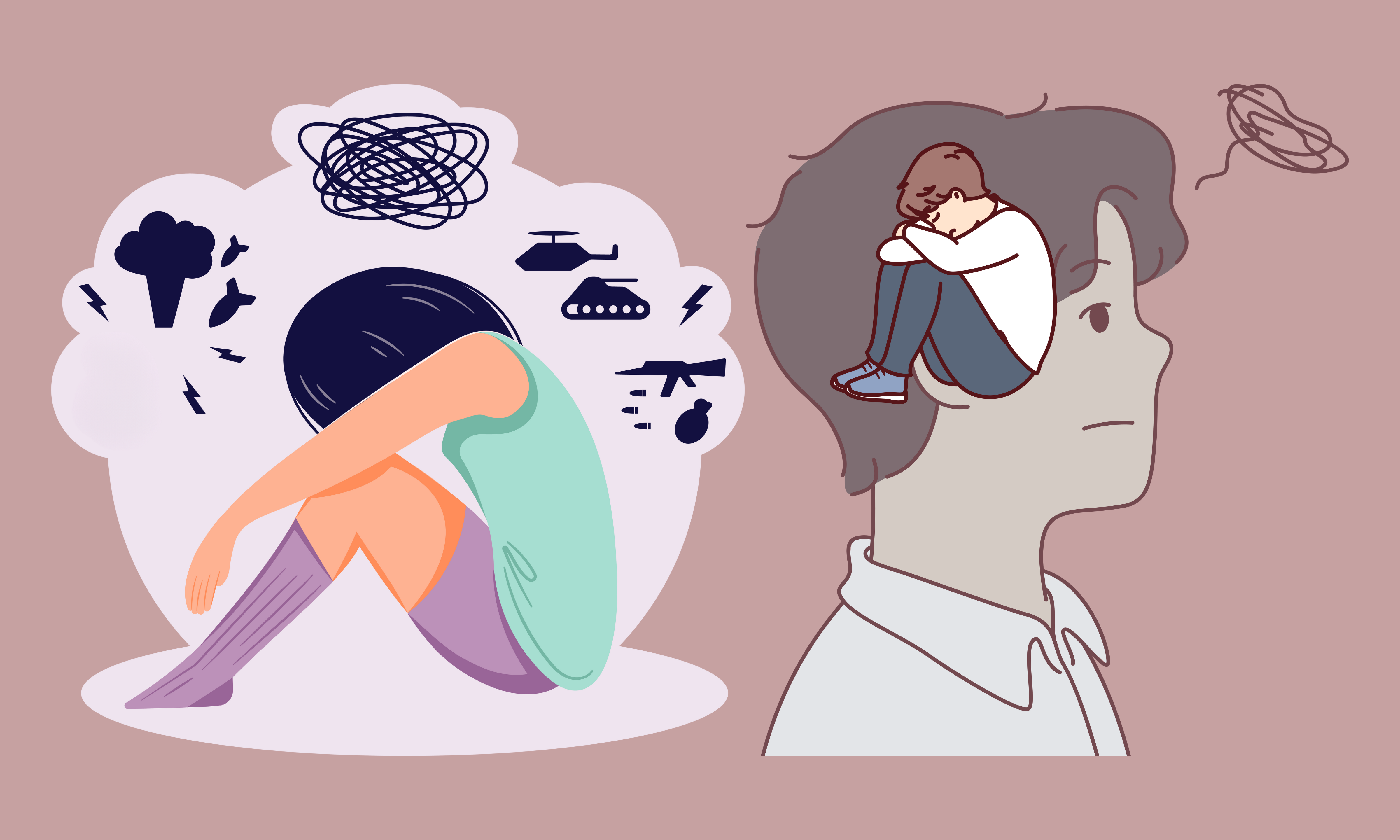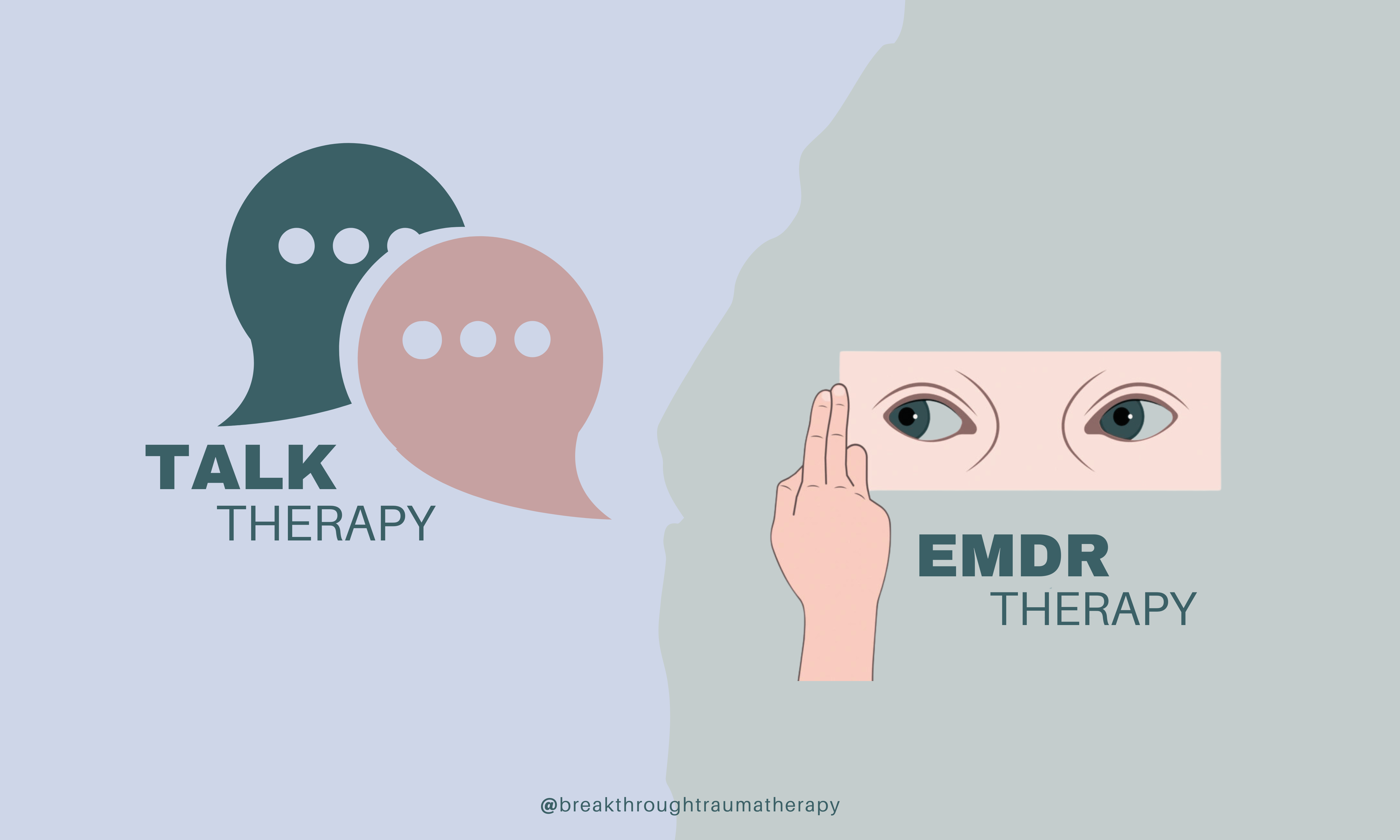Insomnia Therapy
Is it Difficult For You to Fall and Stay Asleep At Night?
- Do you lie awake at night and wake up early because you cannot go back to sleep?
- Do you always feel so wound up that you cant get a good nights rest?
- Is lack of sleep making you tired and worn out?
 It is frustrating to retire to bed only to lie awake and watch the day break because of sleeplessness. The human body needs rest to operate at optimum effiency. Without restful slumber, the quality of your life can dwindle and completing everyday tasks are likely to become burdensome.
It is frustrating to retire to bed only to lie awake and watch the day break because of sleeplessness. The human body needs rest to operate at optimum effiency. Without restful slumber, the quality of your life can dwindle and completing everyday tasks are likely to become burdensome.
- Insomnia reduces your alertness because your mind is tired from operating over time.
- Performing at work, school, or carrying out your responsibilities becomes challenging because you are excessively sleepy during the day or awake but lethargic.
- Your vulnerability to accidents also increases because you are operating with diminished concentration.
- Sleeplessness can leave you depressed and anxious, impacting your relationships negatively.
- You may notice you are easily irritable, apprehensive, and agitated.
- You feel tiredness in your bones, your muscles ache, and your mind experiences glitches.
Long-term insomnia is also harmful to your physical health. For instance, sleep helps control the hormones responsible for stress regulation. Without enough rest, the stress response cycle becomes hyperactive, increasing your susceptibility to cardiovascular illnesses.
Similarly, sleep regulates hormones in charge of hunger and satiety. Without adequate rest, this balance gets altered, favoring hunger. This means you end up eating more, eventually leading to weight gain. Sleeplessness also increases insulin resistance, raising your blood sugar levels, possibly leading to diabetes without adequate intervention.
You do not have to wait until your physical health suffers to find help for chronic sleeplessness. You can overcome your sleep challenges and finally get a good night’s rest with insomnia therapy.
How Sleep Deprivation Impacts Your Body
Insomnia is a sleep disorder that makes it challenging to fall asleep, stay asleep, or get restful slumber. About 70 million Americans have a sleep disorder. Approximately 10% to 30% of adults in this demography have chronic insomnia.
Sleep is a significant aspect of living in that it helps the body and mind regenerate. The body secretes a growth hormone, which gets rid of old and worn-out cells and new cells then grow while you sleep.
Melatonin, the sleep hormone responsible for initiating sleepiness and maintaining sleep, stimulates the release of the growth hormone. Unfortunately, there are low levels of melatonin when you have insomnia, which, in turn, inhibits the release of your growth hormones. Your body fails to heal, repair, and rejuvenate.
Sleep also allows the sympathetic system to take a break, which is important because it is responsible for controlling your response to stress, anxiety, or your survival instincts to fight or flee from danger. It occurs during the random eye moment of sleep. However, when you are sleep deprived anxiety and the stress response augments, making you anxious even when you shouldn’t be.
Several physiological reactions play out when you are anxious,
- Rapid breathing – to increase oxygen intake into the body
- Increased heartbeat rate – to facilitate speedy oxygen transfer in the blood vessels.
- High blood pressure – blood flow rate increases to quicken oxygen supply to your muscles and brain for fight or flight
Prolonged exposure to an overactive sympathetic system ultimately affects your cardiovascular health, increasing your vulnerability to high blood pressure, heartbeat irregularities, and hardening arteries, among others. A persistent anxious state without any health care intervention can morph into a severe anxiety disorder or depressive disorder.
Your immune system also releases cytokines that fight inflammation, infection, and cellular trauma while you sleep. Without adequate rest, your immune system may not fight at its best. You can find much-needed relief through insomnia therapy.
Types of Sleep Therapy For A Healthy Sleep Pattern
Cognitive Behavioral Therapy for Insomnia (CBT-I)
Cognitive Behavioral Therapy for Insomnia (CBT-I) is the first intervention your sleep therapist applies to treat chronic sleep deprivation. The counseling uses the principles of cognitive behavioral therapy to regulate your sleep patterns, focusesing on thought, emotion, and behavioral modification.
How CBT-I Works
 During treatment for insomnia in adults, the sleep specialist will guide you into exploring how your thoughts, feelings, and behaviors lead to sleeplessness. The sleep therapist examines your cognitions to see how they impact your sleep pattern.
During treatment for insomnia in adults, the sleep specialist will guide you into exploring how your thoughts, feelings, and behaviors lead to sleeplessness. The sleep therapist examines your cognitions to see how they impact your sleep pattern.
Once your diagnosis is complete, the next step in sleep therapy is to unlearn problematic behavioral patterns, reframe your thinking patterns, and regulate emotional cycles. The sleep therapist uses several techniques depending on your case.
If your worries and fears keep you awake at night, the sleep therapist can guide you into finding healthy ways of regulating stress. CBT-I also debunks your insomnia misinterpretations and underlying faulty beliefs about sleep. It shows that a healthy mental state is essential for restful slumber.
Insomnia Light Therapy
Light therapy is a sleep disorder treatment that regulates the circadian rhythm. Your sleep has an internal regulator known as the circadian rhythm that uses sunlight, among other factors, to control your sleep-wake cycle. If you need to work at night, this may interfere with your sleep, which can cause additional sleep deprivation.
Artificial lights keep your internal system from clocking down since it is still bright. Lights also interfere with the release of melatonin, whose release begins in the evening and gradually increases as the night progresses. In this therapeutic technique, you use light at the right time to align your circadian rhythm.
Stimulus Control Therapy
In this intervention, the sleep specialist guides you to regulate behavior that keeps you awake at night. It includes setting a consistent wake time every day, limiting the bed for sleep and sex only, or hitting the sack only when you are sleepy.
Multi-component Therapy
Another form of severe insomnia treatment is the multi-component approach. In this form of sleep treatment, the counselor uses several therapy techniques. They include
- Sleep hygiene – entails keeping your room dark, quiet, relaxing, and at the right temperature to enhance sleep.
- Stimulus control – helps you learn to associate your bedroom with sleeping.
- Sleep restriction – limits bed activities to sleeping and involves having a specific sleep and wake time.
- CBT – works on your thoughts, emotions, moods, and behavior that interfere with sleeping.
- Relaxation training – involves techniques to keep you calm and initiate a restful state like meditation.
You and your insomnia therapist will work together to determine which therapy will work for your condition. They use the information you give, their observations, and their expertise to design a sleep treatment plan that works for you. They may modify treatment strategies depending on your response and improvement progress.
You May Still Have Questions About Insomnia Counseling
 Is medication part of severe insomnia treatment?
Is medication part of severe insomnia treatment?
Aside from insomnia therapy, medication can also help in severe insomnia treatment. Your doctor may prescribe Benzodiazepines if you have both anxiety and insomnia. They enhance sleepiness. Another beneficial medication is Ramelteon which works as melatonin. It promotes and sustains sleep.
The medications given by your doctor are not over-the-counter medicines. They also have side effects. Therefore, follow the guidelines of your prescriber.
Can insomnia treatment reverse chronic sleep deprivation?
Insomnia counseling is an effective intervention against sleeplessness. It is a multifaceted approach that addresses different issues that cause or worsen insomnia. Sleep therapy is not limited to the techniques that enhance sleep. It also addresses psychological and physical contributors to insomnia. The insomnia therapist has the resources, experience, and expertise to help you cultivate a healthy sleep pattern.
How long does an insomnia treatment last?
Treatment cycles take several weeks to facilitate learning and infusing the techniques successfully into your sleeping routine. Your sleep therapist can modify interventions midway depending on your response. If your insomnia is not responding to therapy or you still occasionally battle with sleeplessness, another therapy approach may help. If your insomnia is not responding to therapy, or you are still battling with sleeplessness, we can always modify your treatment,
Try Out Insomnia Therapy Today
Sleep deprivation can lower the quality of your life, interfering with your ability to function. You do not have to bear with destructive nature of this condition alone. You can find relief through insomnia therapy and enjoy a full night’s rest. Reach out to a sleep therapist today.



